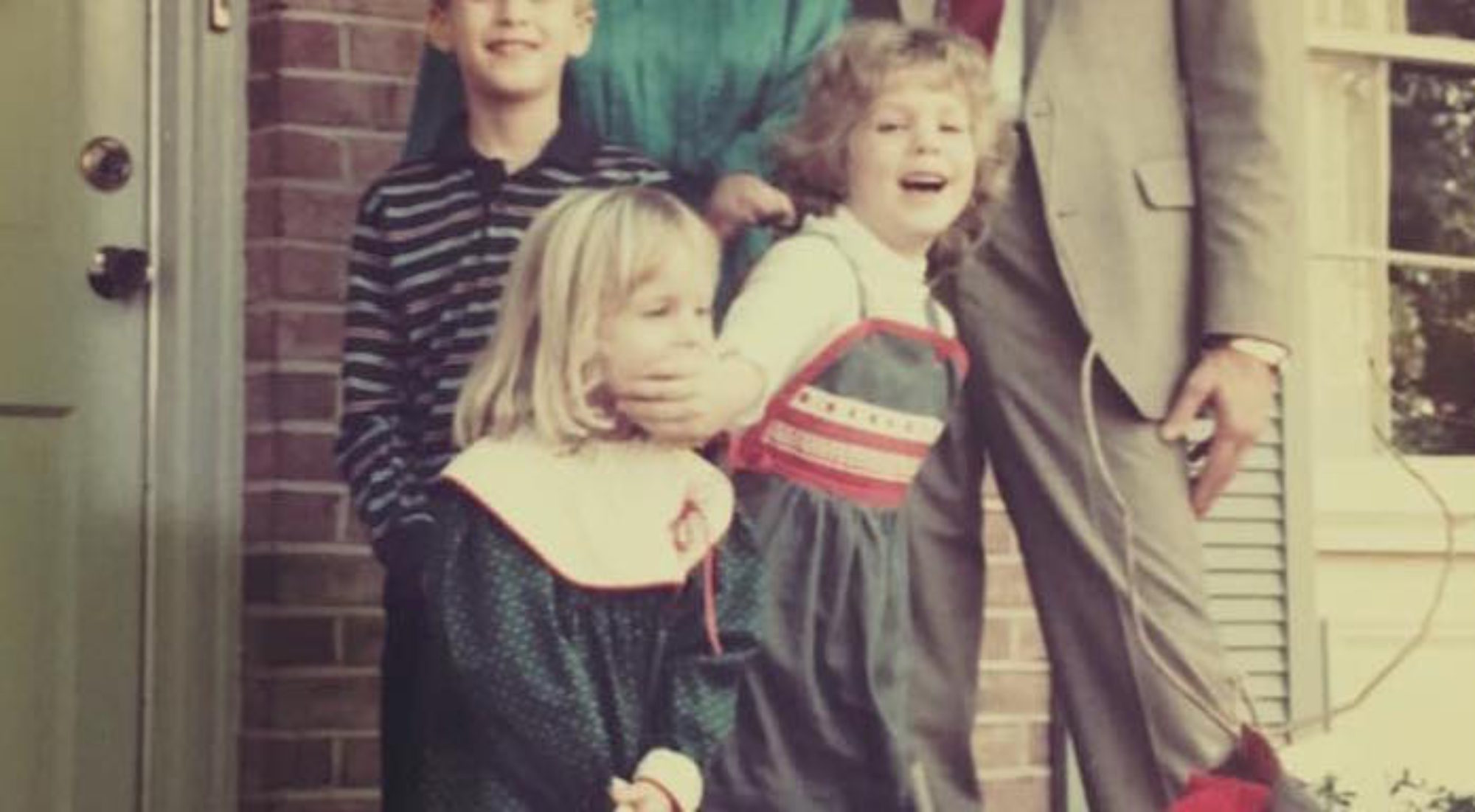
Recently my sister made a very eloquent statement about the complexities of her relationship with the south in her post Southern Discontent. Here I would like to offer a slightly different perspective as a Georgian by birth who has been a California resident for over 13 years.
I am originally from a town of about 3000 people little more than an hour south of Atlanta. I was born in a blue house in a red state with a big mouth and a typically small tape delay for stating the things that race through my active mind. As such, the south was not such an easy place for me growing up. Some of the reasons were apparent while I lived there. Some only became apparent with perspective from years on the West coast. My parents raised me encouraging my free spirit and my free thought and engaged me in discussions that showed they valued my young and naive perspective, but they also frequently implored me to restrain my speech when it could cause unintended harm. They knew I could be indelicate and felt it would be best if I could just refrain.
It is only now I ask, best for whom?
It certainly wasn’t best for me. While it might have kept me a few more friends, they rarely heard from the true me. As a GA resident, I never felt truly free to express myself and my views. In a large way, I was a closeted liberal and a female scientist, all things that seemed a little deviant. It definitely wasn’t as mentally and emotionally damaging as being a closeted homosexual in the south, but over time, it did take a toll.
For as much as my parents and siblings joke about the contrary, I must have gotten quite good at suppressing myself. At my going away party just before I embarked on my drive across the country, my neighbor who lived across the street from me my entire life says, “Just because you are moving to Berkeley, don’t go getting radical on me!” Don’t go getting there you say? Moving to Berkeley was like the mothership calling me home. My neighbor of 22 years whose child had been a close friend of mine had no idea who was standing across from them saying goodbye.
As such, to me, southern hospitality felt like a bit of a facade. People put a smile on their face while loaning you that cup of sugar, and that is fine as long as you don’t shine a light on the unpleasant aspects of your shared communal experience. As long as you are comfortable being the mirror people need to believe about the self they present to the world, you are considered hospitable and kind. To do so may require that you censure yourself to spare someone else’s feelings, so if you are vocal and opinionated like me, you will never be completely at ease.
I would argue this isn’t necessarily a uniquely southern phenomenon. It is a self preservation mechanism in rural America. I can’t say I have had a large sample size, but from my perspective as a former rural now urban resident there are certain challenges to one’s full self expression in small rural communities.
In urban America, you are surrounded by all kinds of people with all kinds of beliefs and all kinds of outlets for expression and all kinds of businesses selling you all kinds of goods. It is almost impossible not to have enhanced cultural awareness as you live in close proximity to such a diversity of thought and life experience, and you can tap into as many new and crazy experiences as you can fit on your dance card. It actually might help your small business if you are a bit eccentric. It could give you an edge in a marketplace with a lot of consumers who want to seem like they have the finger on the pulse of a certain niche market.
Rural America houses small business owners in small communities with a finite number of consumers. It houses retirees in small rural communities with few prospective new friends. It houses people who yearn to congregate with others celebrating their faith but in doing so may find themselves on pews with people with whom they disagree on a range of issues. If you really aim for assimilation rural America, it is important to measure your expression even to the point of the bumper sticker you put on your vehicle.
However, you can do such a good job of assimilation, people can mistake you for someone sympathetic to their view. Any social situation can provide an opportunity for another person to state a thing with which you vehemently disagree, and an instantaneous cost benefit analysis of the ramifications of your response must ensue to preserve your position and your sanity. Then as a resident now as a visitor, it was and is like this for me on a range of issues that has only grown as I have matured and further refined my positions.
To be honest, I have been writing this post for weeks. And as I explored all of the positions of my personality in which southern rural living was challenging for me, the post grew longer and more cumbersome diluting the impact I intended it to have. As my sister said so perfectly in 2018, this year is all about being true to ourselves and honoring our true selves in the best expression of us. I want to allow myself the space to explore, but I want to put the exploration in more manageable chunks. It is my hope that you will join me as I explore the complexities of my personal self-censureship in an effort to encourage people to find their voices and spark richer, more honest local conversations about the times we live in and the changes we hope to see.
